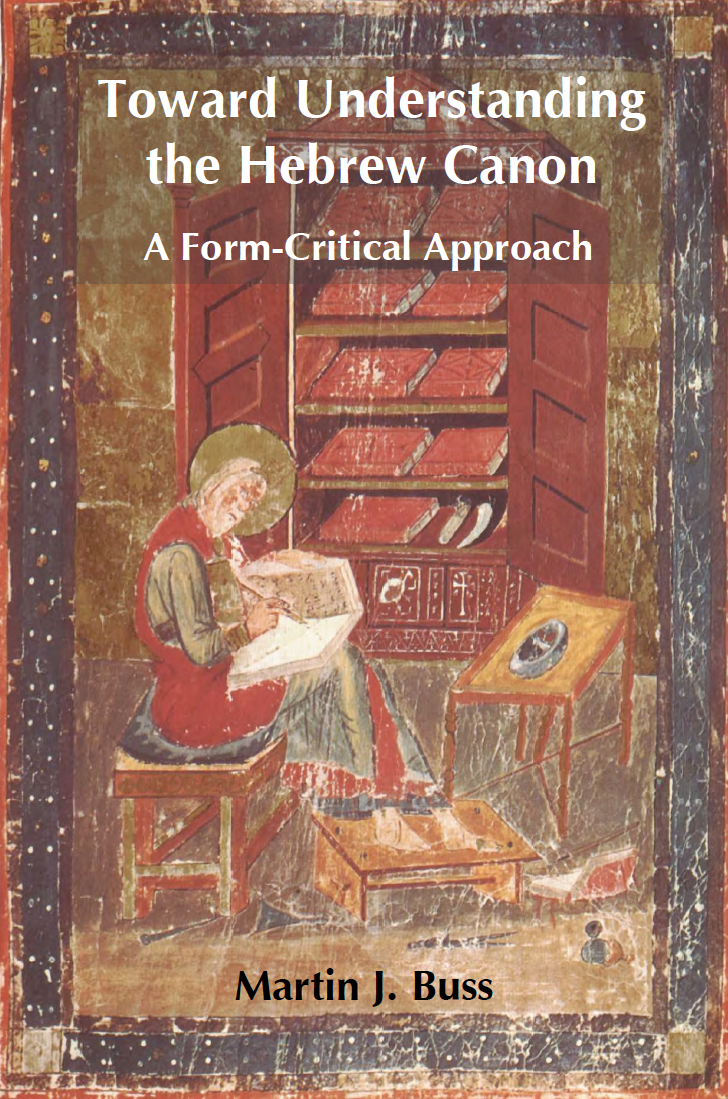Toward Understanding the Hebrew Canon: A Form-Critical Approach
£50.00
In these fourteen essays (one of them previously unpublished) the renowned biblical scholar Martin Buss gathers an array of his work from many years, bringing to bear on the Hebrew Bible his extensive researches in cross-cultural data and in other disciplines such as philosophy and social psychology.
Toward Understanding the Hebrew Canon: A Form-Critical Approach explores in an original and reflective way the relations between the linguistic forms, ideas and life involvements of biblical genres. The various forms of the Hebrew Bible reflect and correspond to the richly diverse life experiences of the Hebrew people, which include varied legal, cultic and erotic interactions.
Divine speech is a prominent literary form in the Hebrew Bible, according to Buss’s analysis. It has an emotive character, and is highly personal. Such speech establishes a series of Origin events that run from creation to the foundation of kingship; it both provides norms for life and struggles with human recalcitrance. Divine speech also provides evaluative assessments of present and envisaged situations, and it promises a truly good End. The humans to whom divine speech is directed are called on to acknowledge the divine reality, which they can do through self-transcendence, as a part of selfhood. In ethics, a receptive attitude acknowledges the unconditional worth of others, which is supported by Deity.
Human speech is usually also emotive, although on occasion it is concerned rather with dry historical actualities. It is intertwined with divine speech in narratives and prophecies.
In these fourteen essays (one of them previously unpublished) the renowned biblical scholar Martin Buss gathers an array of his work from many years, bringing to bear on the Hebrew Bible his extensive researches in cross-cultural data and in other disciplines such as philosophy and social psychology.
Additional information
| table of contents | 1. The Language of the Divine ‘I’ 2. Self-Theory and Theology 3. The Meaning of History 4. The Distinction between Civil and Criminal Law in Ancient Israel 5. Logic and Israelite Law 6. Law and Ethics in Traditional China and Israel 7. Pentads of Ancient India and the Biblical Decalogue 8. Prophecy in Ancient Israel 9. An Anthropological Perspective upon Prophetic Call Narratives 10. Role and Selfhood in Hebrew Prophecy 11. Tragedy, Comedy, and Irony in Hosea 12. The Psalms of Asaph and Korah 13. Dialogue in and among Genres 14. Hosea as a Canonical Problem: With Attention to the Song of Songs |
|---|


Reviews
There are no reviews yet.